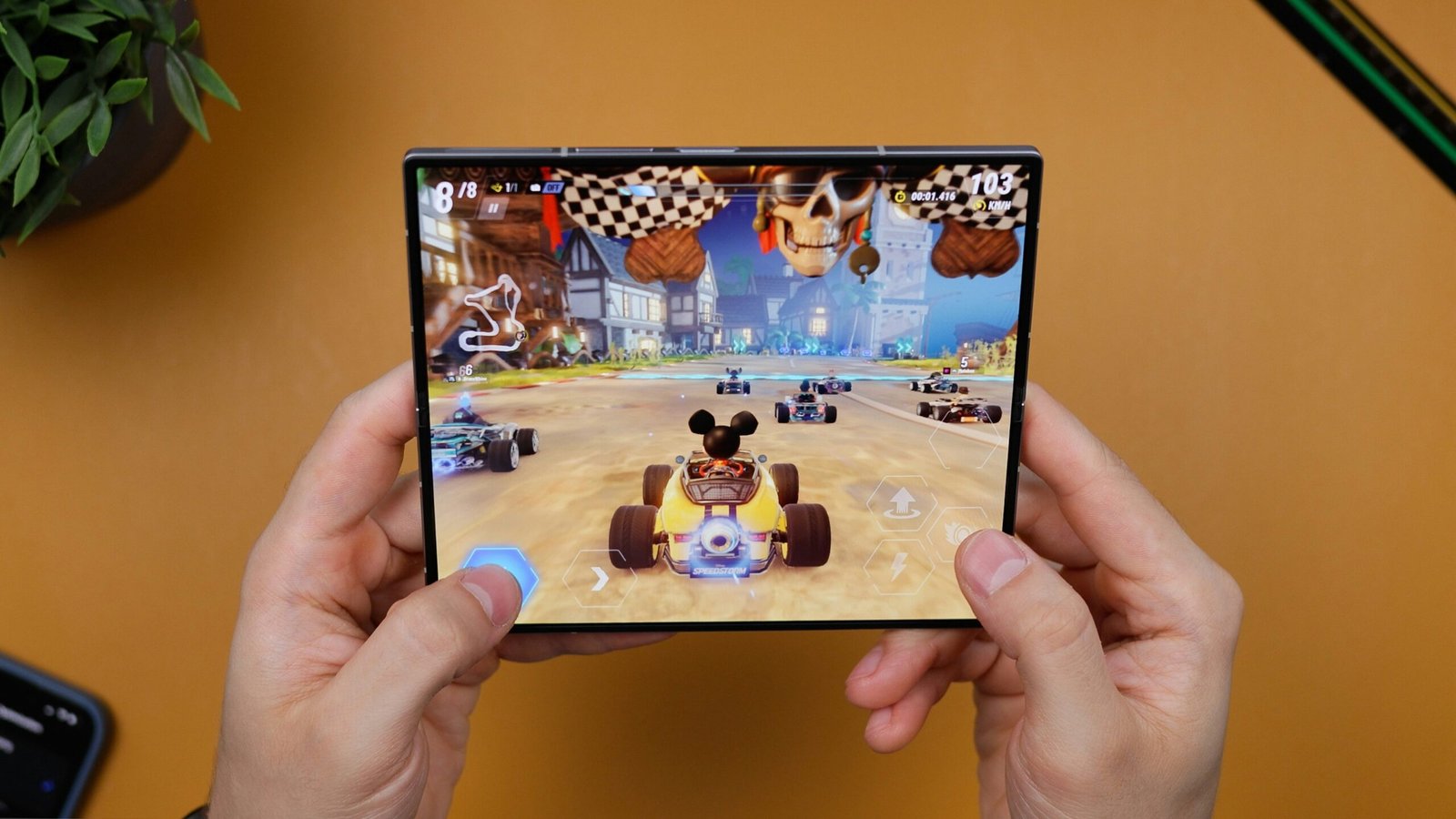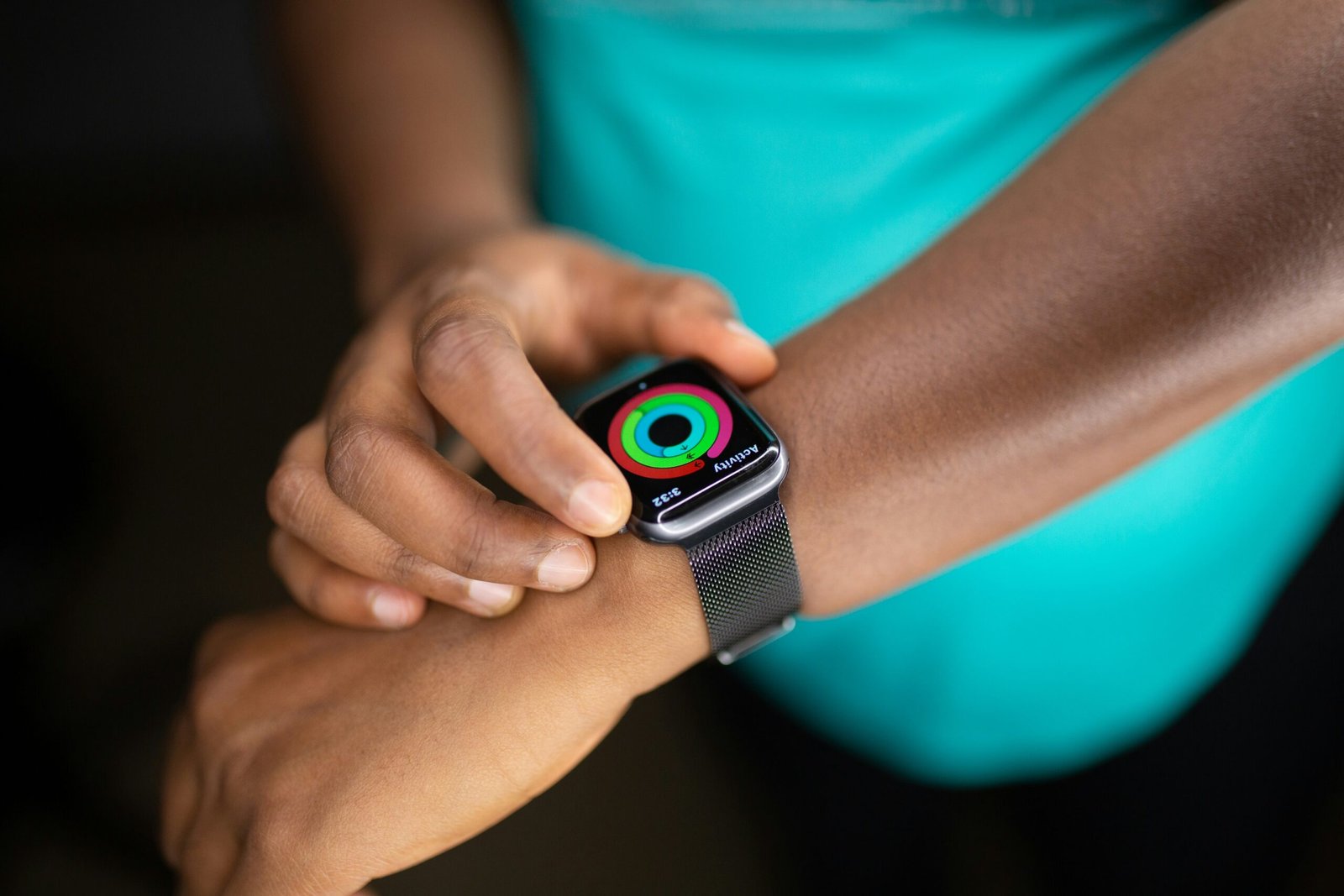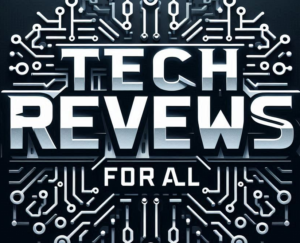
Introduction to the Debate
The rivalry between Android and iOS has prevailed since the launch of Apple’s iPhone in 2007, setting the stage for an ongoing debate that continues to capture the attention of tech enthusiasts and everyday users alike. Initially, the competition stemmed from the differing philosophies of the two operating systems: Apple embraced a closed ecosystem with strict control over user experience, while Google adopted an open-source approach, allowing for greater customization and flexibility. This divergence in ideologies laid the groundwork for heated discussions regarding user preferences and the overall capabilities of each platform.
Over the years, both operating systems have undergone significant transformations, evolving to meet the changing needs of consumers. Android has expanded to accommodate a wide range of devices from various manufacturers, offering diverse options in hardware, features, and price points. On the other hand, iOS has focused on providing a polished user experience, emphasized security, and streamlined software updates, which contributes to consumer loyalty. These distinct features cater to a diverse audience, allowing individuals to align their choice of operating system with their personal preferences and lifestyles.
The ongoing debate is fueled not only by the differences in functionality and user interface but also by brand loyalty and social identity. Advocates of either platform often underscore the unique benefits of their chosen operating system, which can include usability, app selection, or integration with other devices and services. Furthermore, the discussion around Android versus iOS extends beyond mere functionality; it raises questions about privacy, innovation, and software support. As technology continues to advance, the conversation surrounding these two giants will undoubtedly evolve, making it a topic of persistent interest and challenge for consumers and industry experts alike.
Feature Comparison: Android vs iOS
When assessing the features of Android and iOS, several key aspects emerge that help to shape the user experience on each platform. Central to the discussion is the user interface, where iOS offers a more uniform design ethos. With its simplicity and ease of use, iOS provides an intuitive experience, particularly for users who may not be as tech-savvy. Conversely, Android thrives on flexibility, allowing manufacturers to innovate with user interfaces tailored to their hardware. This leads to a diversified experience across various devices, yet can sometimes result in inconsistencies.
Customization options are another distinguishing feature between the two operating systems. Android stands out by offering extensive customization capabilities, allowing users to modify home screens, widgets, and even system settings to suit their preferences. This level of personalization empowers users to create a smartphone experience that feels unique. On the other hand, iOS, while limited in customization, ensures a consistent experience that many users appreciate for its reliability and smooth performance.
Hardware compatibility also plays a significant role in the comparison. Android devices span a wide range of manufacturers, resulting in varying levels of hardware quality and performance. This diversity can be beneficial, as users have a broad selection of devices at different price points, but may also lead to fragmentation in software updates. iOS, however, is confined to Apple’s own devices, ensuring a streamlined performance and typically quicker software updates across its product line, an aspect users often highlight as a critical advantage.
When it comes to app ecosystems, each platform exhibits its strengths and weaknesses. The Google Play Store boasts a larger number of apps, though iOS’s App Store is frequently cited for offering higher-quality applications. Security features also warrant consideration; iOS is often regarded as more secure due to its controlled environment, but Android’s open-source nature provides unique opportunities for security customization by users.
Ultimately, each platform has cultivated distinct features that cater to varied user preferences. While Android champions flexibility and diversity, iOS emphasizes consistency and security, leading to a passionate debate that reflects individual needs and priorities.
User Experience and Community Feedback
The debate between Android and iOS continues to polarize users, with each camp boasting passionate advocates. Central to this discourse is user experience, heavily influenced by individual preferences and community feedback. Various surveys have illuminated key aspects of satisfaction, revealing that both platforms have their strengths and weaknesses.
According to a recent survey conducted by a reputable tech research firm, approximately 85% of iOS users expressed satisfaction with their devices, citing seamless integration, user-friendly interfaces, and timely updates as significant factors. Meanwhile, Android users reported a satisfaction rate of around 80%, often appreciating the customization options and the diverse range of device choices available. This contrast highlights how personal preferences weigh heavily in users’ experiences with each operating system.
User feedback also provides vivid narratives that reflect practical implications of choosing between Android and iOS. For instance, many Android users commend the platform’s flexibility, often sharing stories of how they tailored their devices to suit specific needs. In contrast, iOS users frequently recount the appeal of a cohesive ecosystem between their devices, which contributes to a seamless user experience. These personal stories illustrate that the choice of operating system is often dictated by lifestyle and usability rather than technical specifications alone.
The Future of Mobile Operating Systems
The future of mobile operating systems is a subject of considerable speculation, especially as recent technological advancements shape the landscape. As we move forward, the competition between Android and iOS may evolve, influenced by emerging technologies such as artificial intelligence and 5G connectivity. Both operating systems seemingly aim to enhance user experience by integrating smarter features that cater to diverse user needs, driving innovation while also responding to changing market demands.
One pivotal area of advancement is artificial intelligence (AI). Future updates to both Android and iOS are expected to incorporate more sophisticated AI capabilities, from personalized usage patterns to advanced virtual assistants. This trend could lead to a blurred distinction between the two platforms, resulting in a user experience that seamlessly integrates features from both operating systems. As AI continues to develop, the unique characteristics that currently define Android and iOS may become less pronounced.
Simultaneously, the rollout of 5G networks promises to further enhance mobile experiences, enabling faster and more reliable connections. This development not only enriches the capabilities of applications but also paves the way for new functionalities, such as augmented reality and advanced cloud computing. As both Android and iOS capitalize on these advancements, a collaborative approach may emerge where both operating systems adopt complementary features to attract users, thus fostering a more unified mobile ecosystem.
The competitive strategies employed by both companies will significantly impact user choices and may dictate whether the rivalry will continue to intensify or dissolve into a more cooperative framework. The potential convergence in features and philosophies between Android and iOS could signal a new era where the debate becomes less about opposing platforms and more about collective advancements in mobile technology. The discourse surrounding mobile operating systems is likely to stay dynamic, reflective of rapid technological progress and user preferences.
















